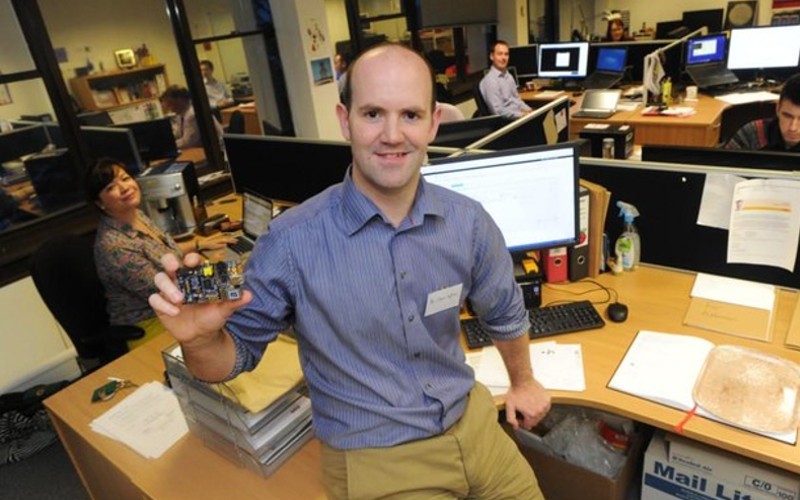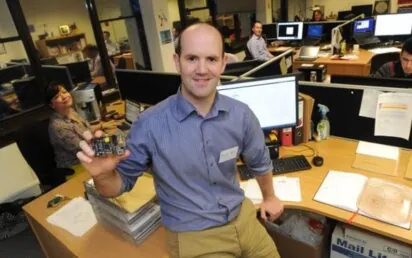Raspberry Pi has reported strong growth in revenues and profits in its first results after floating as a public company.
In a boost for the UK public markets, the Cambridge firm – behind low-cost miniature computers used extensively in education – floated in London in June at a valuation of £542 million, with cornerstone investors including chipmaking giant Arm and Lansdowne Partners.
For the six months to 30th June 2024, it saw adjusted EBITDA climb 55% to $20.9m compared with a “supply-constrained” H1 2023. Gross profits were up 47% to $34.2m, while revenues jumped 61% to $144m.
The firm, which joined the FTSE 250 index in the period, said first half profitability was “stronger than expected”.
“Having previously expected performance to be weighted towards the second half of the year, this is no longer the case, with profitability in the first half ahead of internal expectations,” it stated in a notice to the London Stock Exchange.
Expectations for the full year remain unchanged, it added.
The company’s latest model, the Raspberry Pi5, sold 1.1m units in H1 following its introduction at the end of October 2023.
The firm also launched a first-party AI hardware product (Raspberry Pi AI Kit) in collaboration with Hailo, and debuted a cloud connectivity product (Raspberry Pi Connect), with 50,000 users since launch in May 2024.
Eben Upton, CEO, described the IPO – just two weeks before the end of the six-month period – as “the watershed moment of the first half”.
“The higher-than-usual customer and channel inventory levels which were evident at the time of the IPO have continued to unwind, and there is a growing sense that this will have concluded by the year end,” he said.
“We have an extraordinary team, a world class product set backed up by an exciting future roadmap, and a loyal and engaged customer base that we can continue to grow.
“In the second half, we have further planned product releases and a number of initiatives to further expand our engagement within our industrial and embedded market”.
Neil Shah, director of content & strategy at investor relations business Edison Group, said the results “have not disappointed”.
“The company has soundly beaten expectations… these devices are now set to become much more commercially significant, with applications to AI, machine learning and the Internet of Things,” he said.
“Much of this increase in profits is down to supply chain recovery, which had previously buffeted tech companies like Raspberry Pi.
“It remains to be seen whether the company will join the ranks of the marquee tech stocks like NVIDIA; but with so many new applications for its core product, the potential for growth is vast.”


